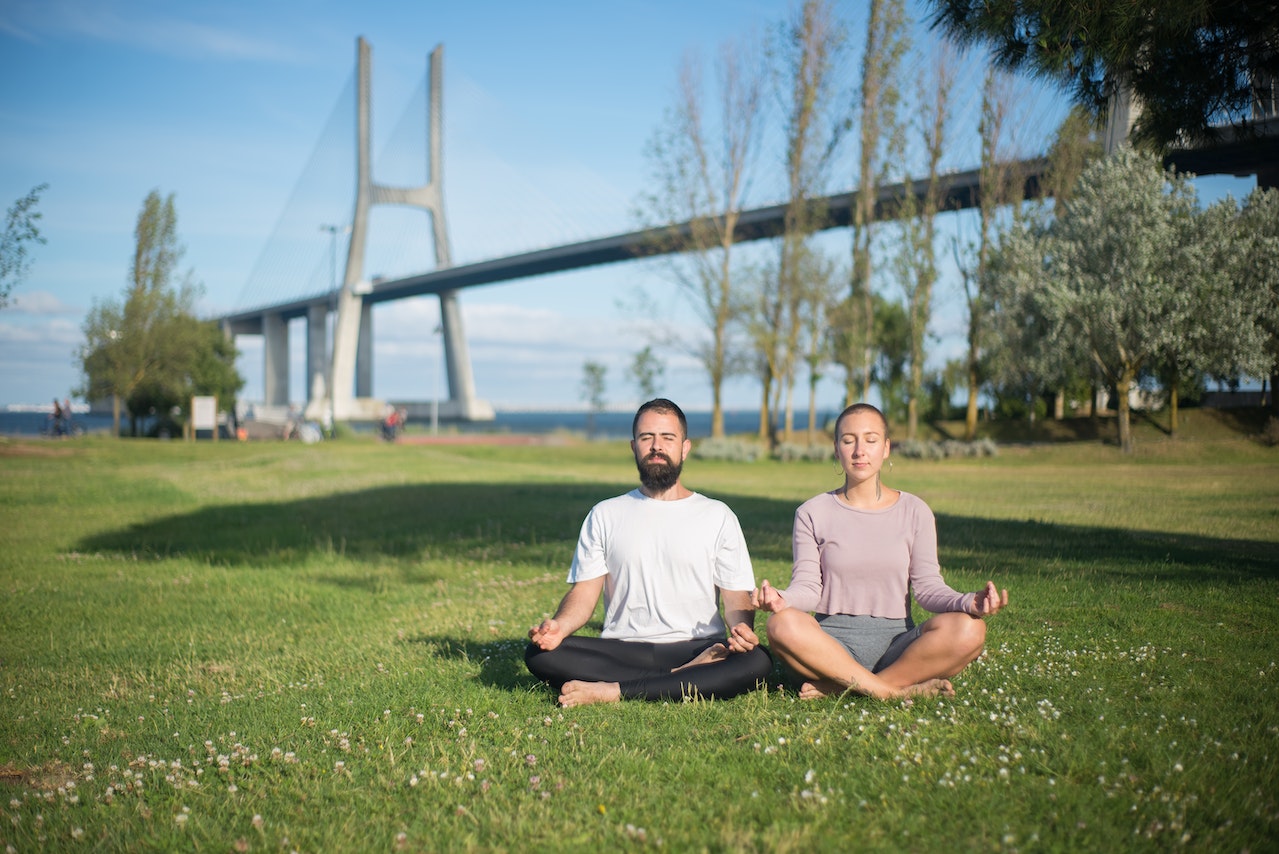There are many benefits to exercising regularly, and one of the most significant is increased energy levels. While it may seem counterintuitive that exerting energy will give you more of it, research has consistently shown that exercise boosts energy and reduces fatigue.
One way exercise boosts energy is by promoting better sleep. When you exercise regularly, you fall asleep more quickly and sleep more deeply. This means that you wake up feeling more rested and energized, rather than groggy and exhausted. Additionally, exercise helps regulate your body’s circadian rhythm, which is its natural sleep-wake cycle. By staying in tune with this rhythm, you’ll feel more alert during the day and more ready to sleep at night.
Exercise also boosts energy by improving circulation and oxygen flow throughout the body. When you exercise, your heart and lungs work harder to pump oxygen and nutrients to your muscles. This increased blood flow and oxygenation can help reduce fatigue and improve cognitive function, making you feel more alert and focused.

Regular exercise can also help improve your mood and reduce stress, both of which can drain your energy levels. When you exercise, your body releases endorphins, which are natural chemicals that promote feelings of happiness and well-being. Exercise also helps reduce cortisol levels, which is the hormone associated with stress. By reducing stress and improving your mood, exercise can help you feel more energized and focused throughout the day.
Exercise can help improve your overall health, which can also boost your energy levels. Regular exercise can help reduce your risk of chronic diseases such as heart disease, diabetes, and obesity. These conditions can all lead to fatigue and reduced energy levels. By improving your overall health, you’ll feel better and more energized, both physically and mentally.
If you’re looking to boost your energy levels through exercise, there are a few things to keep in mind. First, it’s important to find an exercise routine that you enjoy and can stick to consistently. This might involve trying different activities until you find something that you truly enjoy, whether it’s yoga, running, weightlifting, or another type of exercise.
It’s also important to start slowly and gradually build up your fitness level over time. If you try to do too much too soon, you may end up feeling tired and discouraged, which can lead to a lack of motivation to continue.
Instead, start with small, achievable goals and gradually increase the intensity and duration of your workouts.
In addition to regular exercise, there are other lifestyle habits that can help boost your energy levels. These include getting enough sleep each night, eating a healthy and balanced diet, staying hydrated, and managing stress through practices such as meditation or deep breathing exercises.
In addition to the direct physiological effects on the body, exercise can also improve energy levels by boosting mood and reducing stress. Exercise has been shown to release endorphins, the body’s natural “feel-good” chemicals, which can increase feelings of well-being and reduce symptoms of depression and anxiety. Stress is also a major contributor to fatigue, and exercise has been shown to be an effective way to reduce stress levels. Regular exercise can lead to improved sleep quality, which can also help to boost energy levels.
What Else is There To Know About Endorphins?
Endorphins are neurotransmitters that are produced naturally by the body in response to stress, pain, or exercise. These neurotransmitters are responsible for the “feel-good” sensation that many people experience after physical activity. Endorphins can reduce stress and anxiety, improve mood, and increase feelings of happiness and well-being.
When we exercise, the body releases endorphins into the bloodstream, which bind to receptors in the brain and nervous system. This binding can cause feelings of euphoria and pain relief. Additionally, endorphins can also reduce feelings of depression and anxiety, as well as improve overall cognitive function.
Research has shown that regular exercise can increase endorphin levels in the body, leading to increased feelings of happiness and well-being. Studies have also shown that exercise can help to alleviate symptoms of depression and anxiety, improve sleep quality, and reduce stress levels.
What is the Best Type of Exercise for Boosting Energy?
In terms of the type and duration of exercise, research suggests that both aerobic exercise (such as running or cycling) and strength training can be effective in improving energy levels. Aerobic exercise has been shown to increase cardiovascular fitness and improve oxygen delivery to the muscles, while strength training can increase muscle mass and improve overall physical function. It is generally recommended that adults engage in at least 150 minutes of moderate-intensity aerobic exercise per week, as well as at least two days of strength training per week.
It is important to note that while exercise can be a powerful tool for improving energy levels, it is not a quick fix. It may take several weeks or even months of consistent exercise to see noticeable improvements in energy levels. Additionally, it is important to listen to your body and not push yourself too hard, as overexertion can actually lead to fatigue and other negative health outcomes.
How Can I Motivate Myself to Exercise More?
One way to motivate yourself to exercise more is to set achievable goals and track your progress. Start with small, manageable goals, such as exercising for 20 minutes a day, and gradually increase the duration and intensity over time. Find an exercise that you enjoy and mix it up to prevent boredom. Set a schedule and make exercise a part of your daily routine. Get a workout buddy or join a fitness class to stay motivated and accountable. Reward yourself for reaching milestones and be patient with yourself, as it takes time to see results. Remember that exercise is not only good for physical health but also mental health and overall well-being.
Exercise is an important component of a healthy lifestyle that can lead to increased energy and improved mood. Incorporating regular physical activity into your routine can help you to feel more energetic and productive throughout the day, as well as provide a variety of other health benefits.



